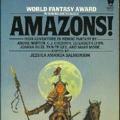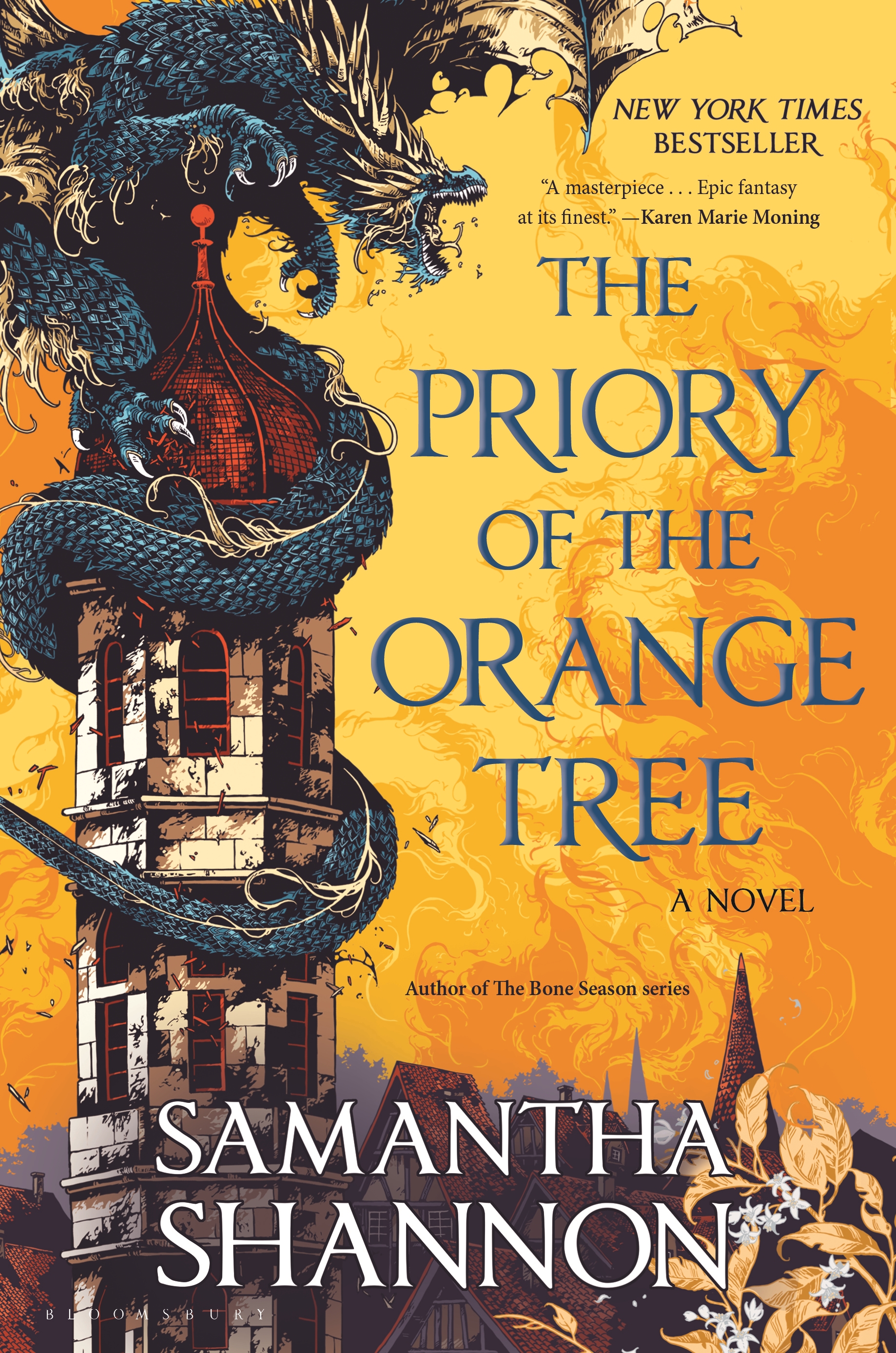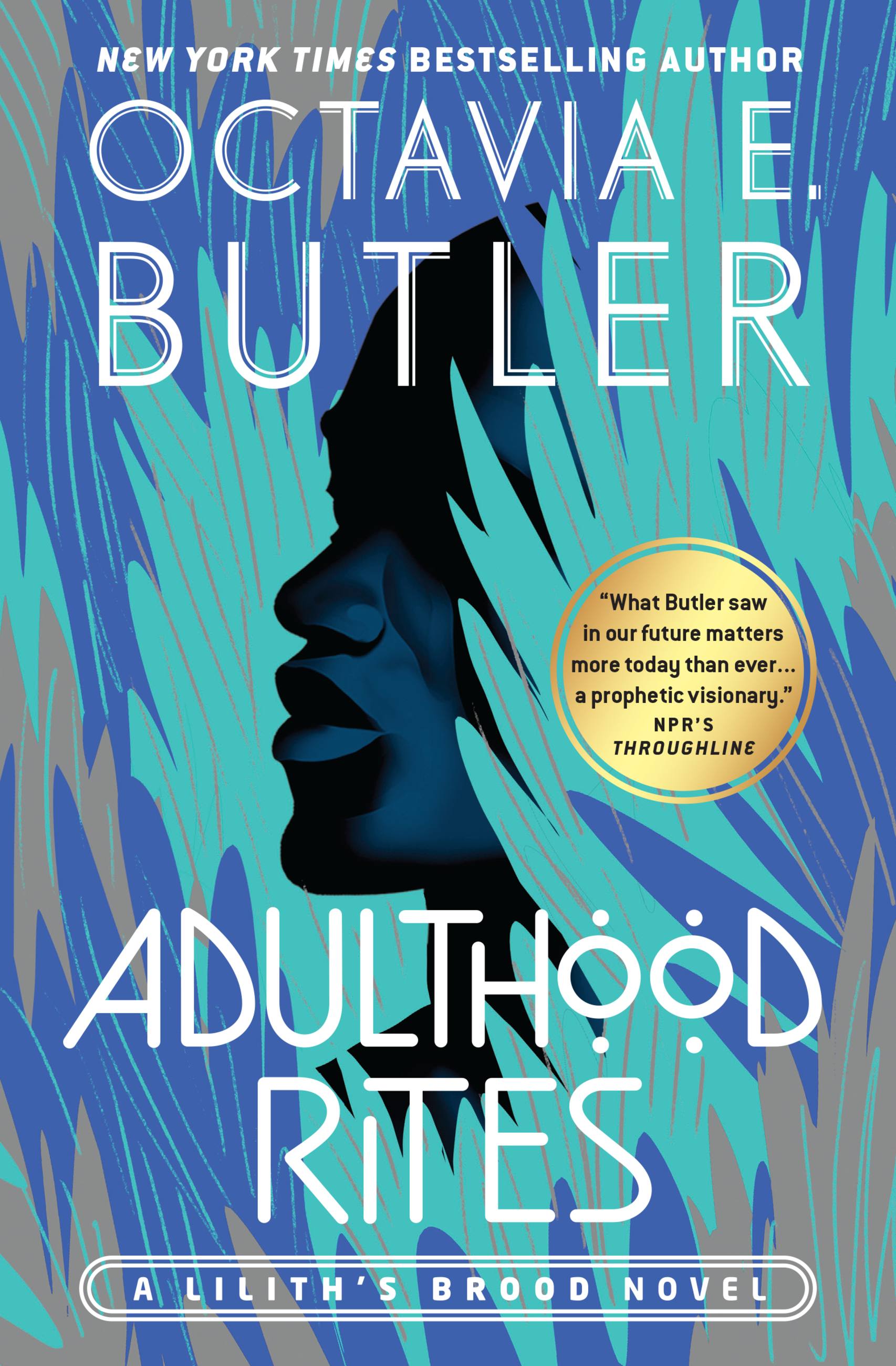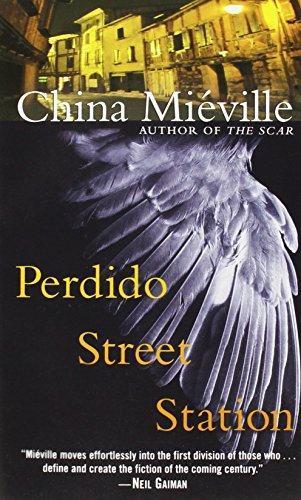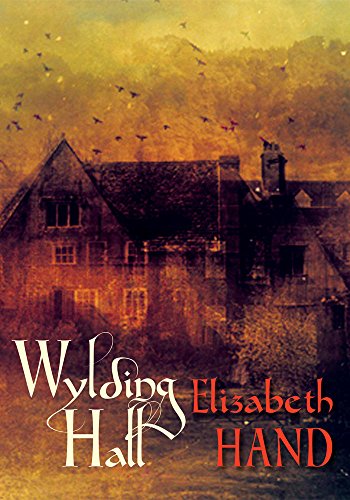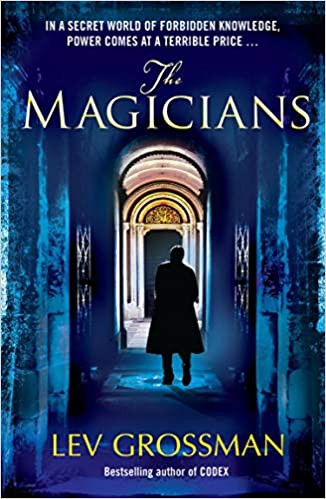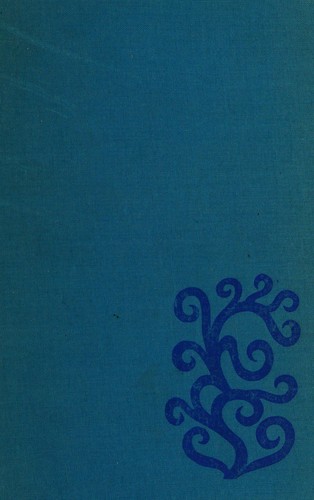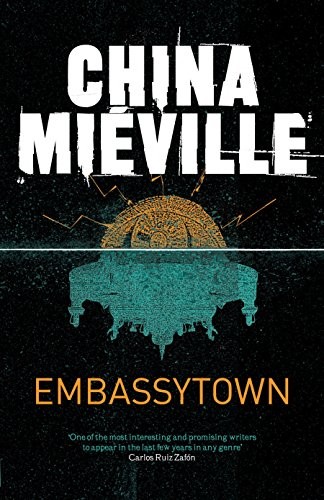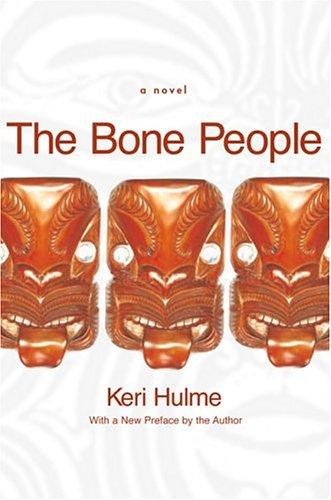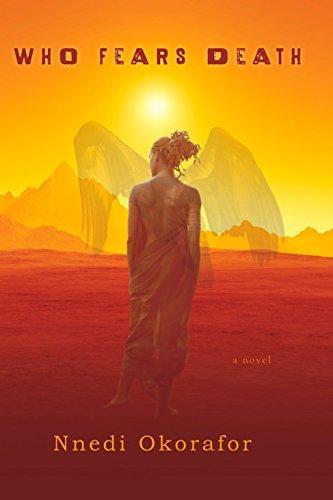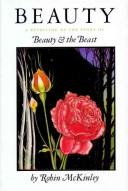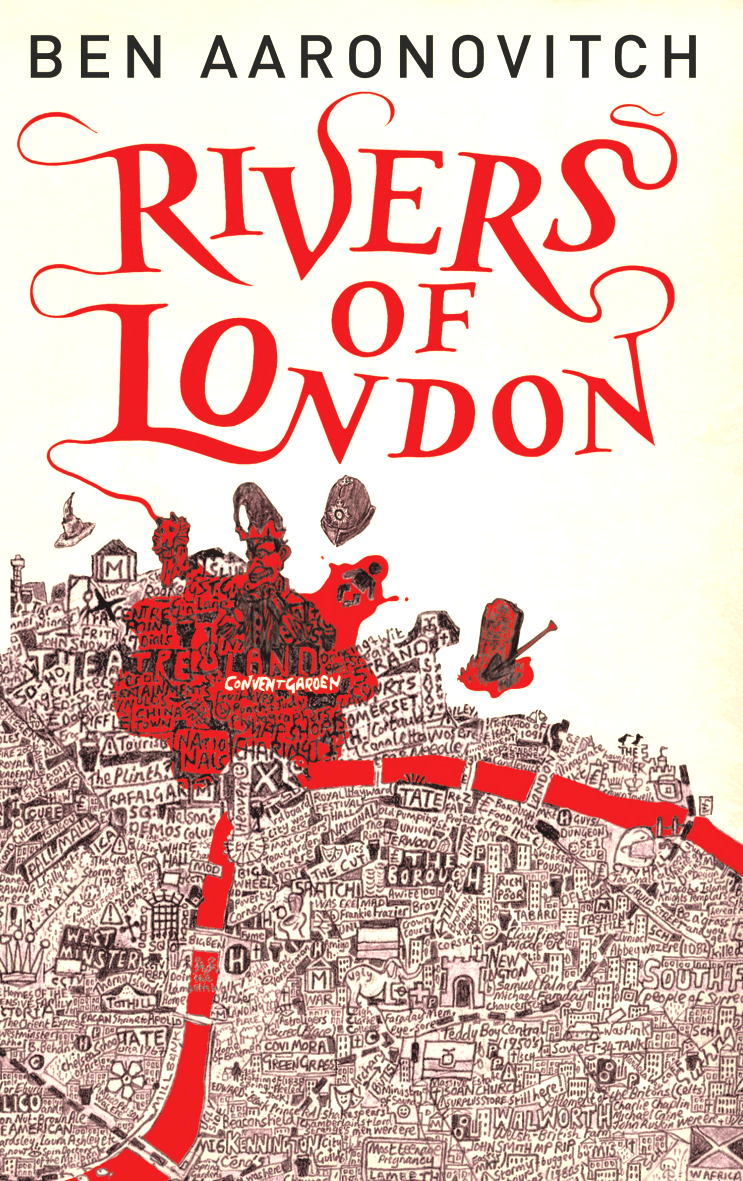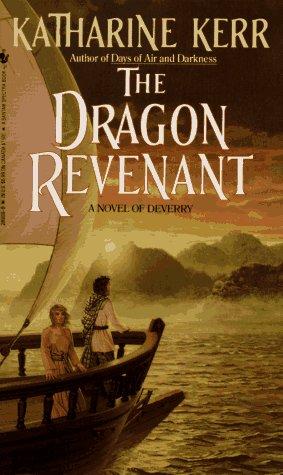radio-appears commented on The Priory of the Orange Tree by Samantha Shannon (The Roots of Chaos, #1)
Aw man, I was way too hard on The Fifth Season, wasn't I? "Harumph, this book doesn't handle its racism-metaphor quite that well, I don't think it's all that Hugo-worthy." Nothing to help you appreciate a fast-paced action-adventure in a truly unique world than a book that... isn't that.
I'm less than a hundred pages away from the finish line, and I am a completionist, plus this book was a gift and I feel obligated, so I will finish this! I just need to talk about it.
It's awful when you really want to like a book, but just can't. "The Priory of the Orange Tree" has so much going for it. A matriarchal world and diverse cast, a really cool and interesting magic system, Eastern and Western dragons and some interesting (but underdeveloped) religious themes. It even does Fantasy Netherlands, which is both flattering and kind of …
Aw man, I was way too hard on The Fifth Season, wasn't I? "Harumph, this book doesn't handle its racism-metaphor quite that well, I don't think it's all that Hugo-worthy." Nothing to help you appreciate a fast-paced action-adventure in a truly unique world than a book that... isn't that.
I'm less than a hundred pages away from the finish line, and I am a completionist, plus this book was a gift and I feel obligated, so I will finish this! I just need to talk about it.
It's awful when you really want to like a book, but just can't. "The Priory of the Orange Tree" has so much going for it. A matriarchal world and diverse cast, a really cool and interesting magic system, Eastern and Western dragons and some interesting (but underdeveloped) religious themes. It even does Fantasy Netherlands, which is both flattering and kind of cringe (Look, I get it. I do get it, "Door to the Sea" sounds like a great name for a semi-Dutch harbor city. But it doesn't retain an ounce of that grandness in translation. "Zeedeur" sounds... very silly.)
Okay, rapid-fire complaints:
-
There are multiple ancient mysteries that scholars have been pondering without solving them for centuries, apparently. But none of them seem that difficult to me. I'm not saying I'd be smart enough to solve them (I'm not that smart), but I'm not many scholars over the course of centuries. For one of them the solution is to just interpret a mysterious ancient text in the most straight-forward, literal and obvious way possible, and yet we're supposed to believe that no one did this for a thousand years. Another one is the sort of puzzle I could probably solve if it was presented to me in an escape room. I just don't believe that people were stumped by this for so long, I'm not buying it.
-
The characters go through a lot of emotions, but I could never fully connect to them. It always felt like their feelings were described to me, while I watched emotion-less puppets act them out. I don't know if this is just me or if other people who read this book experienced it too.
-
Most fantasy authors take inspiration from real cultures, that's fine, but this world is such a one-to-one with reality, it feels boring to me. At least Fantasy Italy is livened up a bit by making the Pope a female hereditary position (genuinely very cool!), but from the first "East" chapter it irked me how much the rest of the world is just TotallyNotJapan and Bchina.
-
You can fuck up all the above if you write a readable, exiting book. The plot is there, the plot is pretty good. The pacing is not. You cannot write an 800-page book and fuck up the pacing. About every 100 pages I felt like I was finally getting into the story and then I lost it again. By the time I had accepted that this book was never going to read like the page-turner it was clearly meant to be I was too far in to quit it. That's a personality flaw on my part though.
